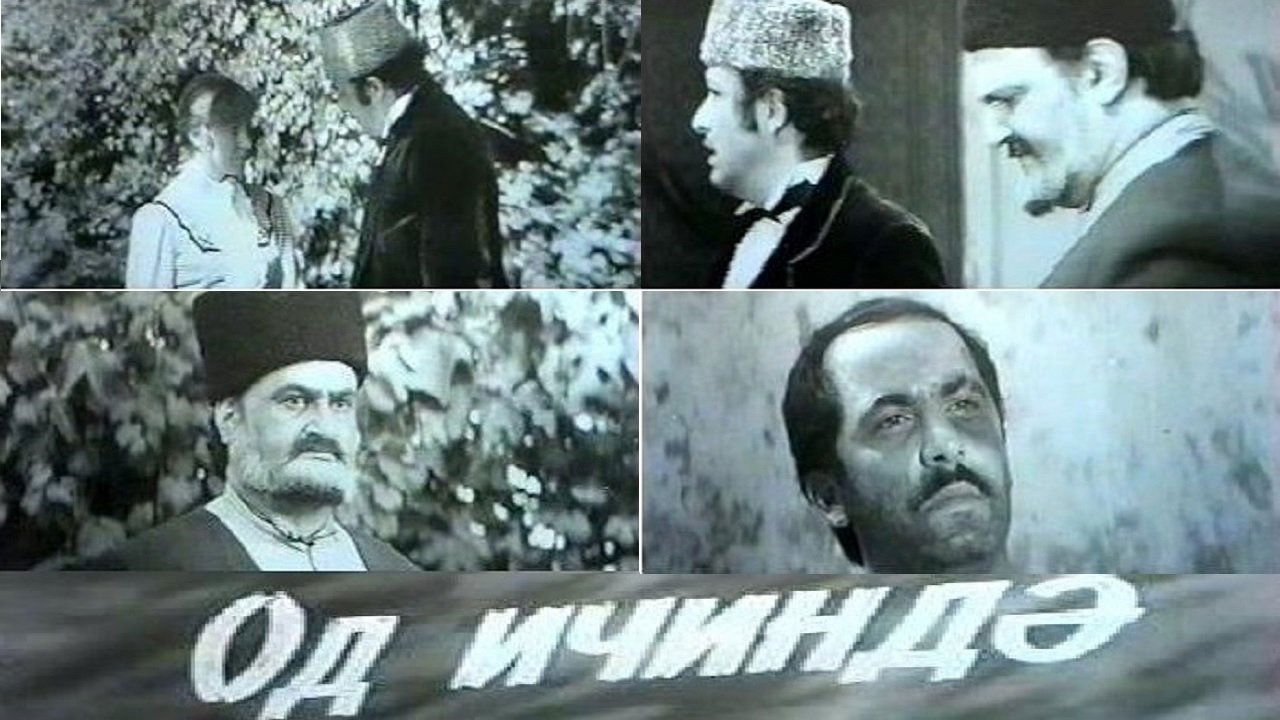
In the Fire (1978)
Historical film about the dramatic event in the southern regions of Azerbaijan during the 1917 Soviet Revolution.

Historical film about the dramatic event in the southern regions of Azerbaijan during the 1917 Soviet Revolution.
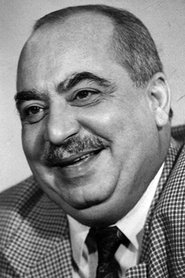 Yashar NuriAjdar
Yashar NuriAjdar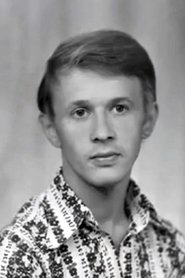 Viktor KosykhAndrei
Viktor KosykhAndrei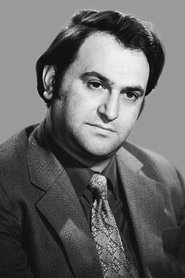 Samandar RzayevTomar bey
Samandar RzayevTomar bey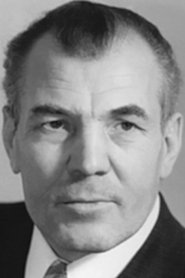 Ivan Kosykh
Ivan Kosykh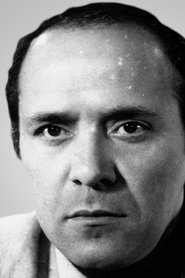 Hamlet KhanizadehRizvan
Hamlet KhanizadehRizvan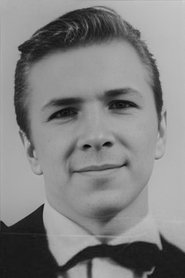 Boris RudnevUlyantsev
Boris RudnevUlyantsev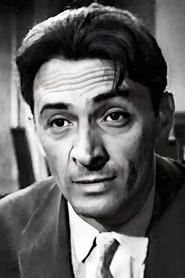 Anatoliy FalkovichIlyashevich
Anatoliy FalkovichIlyashevich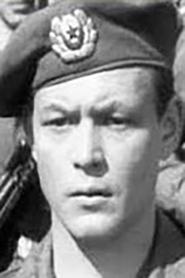 Yuriy SorokinSukhorukov
Yuriy SorokinSukhorukovThe secretary of the district committee, Firangiz, is cautious and demanding, as well as very harsh and inconsistent. She cannot tolerate not only her compatriots, but even her husband, the researcher Murad, and her entire family.
A lonely old woman remember her youth, the days when she worked as a prostitute because of the poverty during the Second World War.
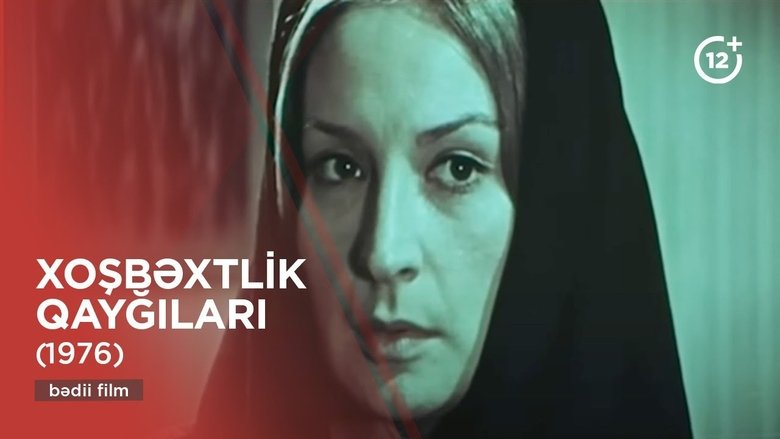
Rukhsara and her son Ibrahim are very concerned about the future of their five daughters growing up at home - Gulkhar, Khalida, Sakina, Zohra and Sevinc. Rukhsara's dream is to give each of the girls a dowry, to send them off to their husband's house according to the "rules”, as they say. Ibrahim knows very well that family happiness is not measured by dowry and shiny furniture. However, for the sake of his mother, he tries to earn dowry money for the girls. The sisters also understand that the foundation of happiness is not laid by dowry. If you hold hands with the person you love, you can overcome all the trials of life with confidence...
The events occur during the Nagorno-Karabakh War. Because of a corpse in a zinc coffin with an arguable address, two families get excited. Having cut the lid off the coffin to identify the soldier, they find out that he is, in fact, Armenian - former citizen of Baku.
The film is about commissary Chingiz Ildirim.
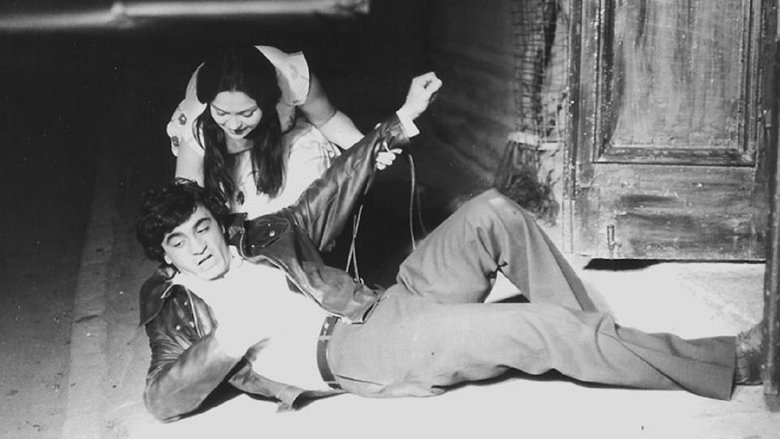
After the story of the same name of Rustam Ibrahimbeyov.
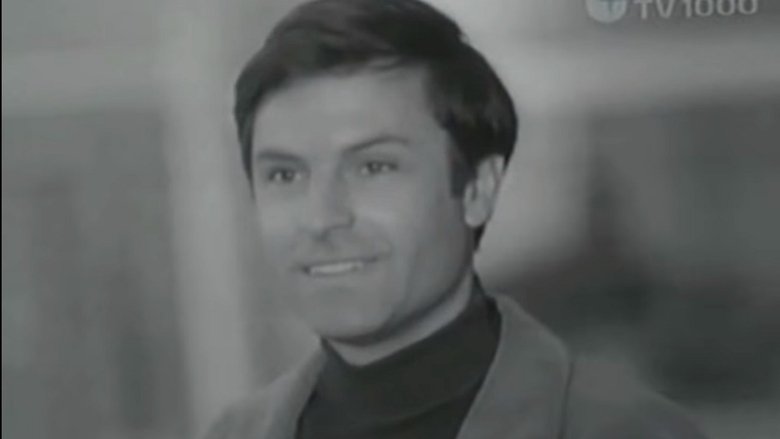
Murad, the favorite of the entire court, has just returned from prison, where he ultimately took the blame for his friend's crime. All this time, his fiancée Gul waited for him, and now they are getting married. Meanwhile, behind one of the doors overlooking Murad's garden, a woman's scream can be heard from time to time, but the neighbors do nothing. Will Murad be able to rise above the general indifference to his neighbor's affairs and help the unfortunate woman?

Mustafa works as a guide in Shaki (the city in Azerbaijan) and decides traveling to Turkey for making a trade to get some money. When his spouse and him went there, unexpected processes started to happen.
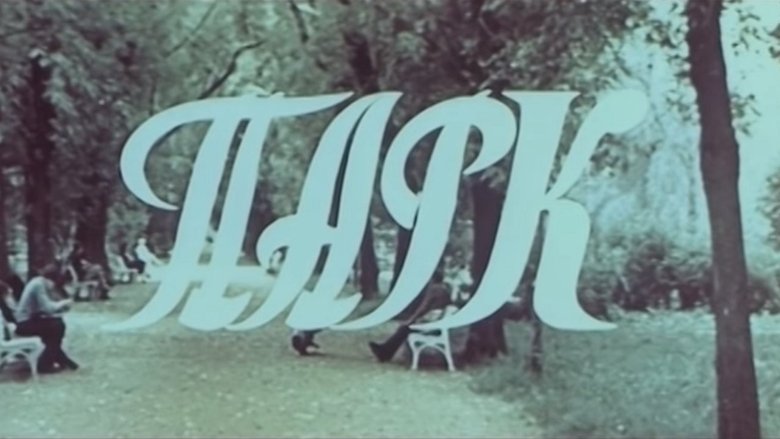
Marat meets a girl named Vika in St. Petersburg.The girl wants Marat to take her to Baku. Marat’s love for Vika is growing day by day. The movie is about relations between Marat, Vika and his friend Mikail.
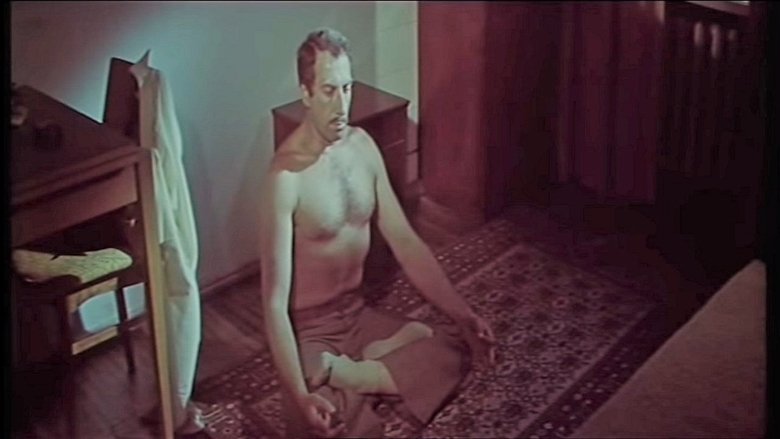
On the seashore, the mother and father decided to build a country house where their three sons, daughter, daughters-in-law and grandchildren could gather together. But neither the sons nor the daughter can find time to visit and help their parents. Only the eldest son understands his father and mother...
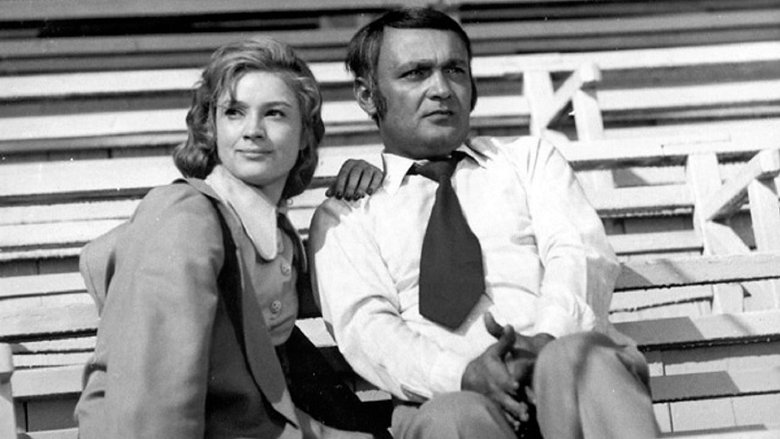
The film explores intelligent feelings of harmonious coordination and human problems, as well as psychological issues. The film addresses topical issues of contemporary morality. The protagonist, Murad, has a family and a good job, but on a whim, he suddenly feels compelled to abandon everything. Deep down, he is torn between feelings of love and indifference.
The film is about the replacement of four generation.
Jan Vacek, a revolutionary of Czech origin, organizes the retreat of communist troops in Baku after the Bolshevik Revolution, following the fall of the local commune...
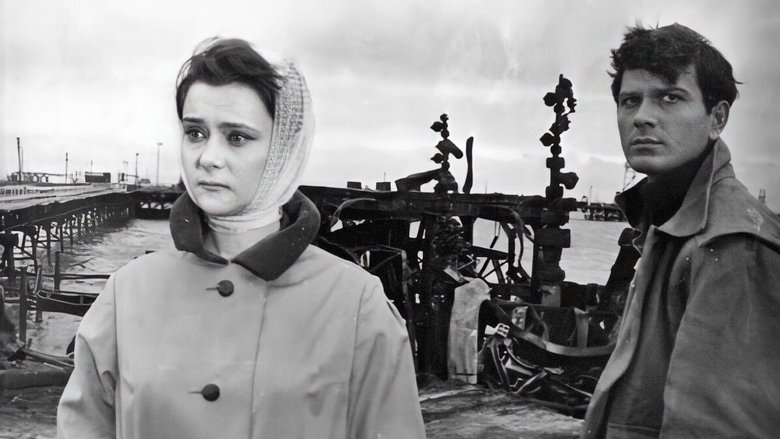
The film is about an oilman who took a lost worker's place and won the respect of other oilmen, was also based on this same ideology, depicting the heroism of oil workers, who never became exhausted and continued working in oil, generation after generation.
The film is dedicated to the life and creative work of the great Azerbaijani educator, playwright, and philosopher, Mirza Fatali Akhundov, affectionately known as Sabuhi, meaning “man of the morning.”
The film is about the girl who was lost during the war and her return to her motherland after some events.
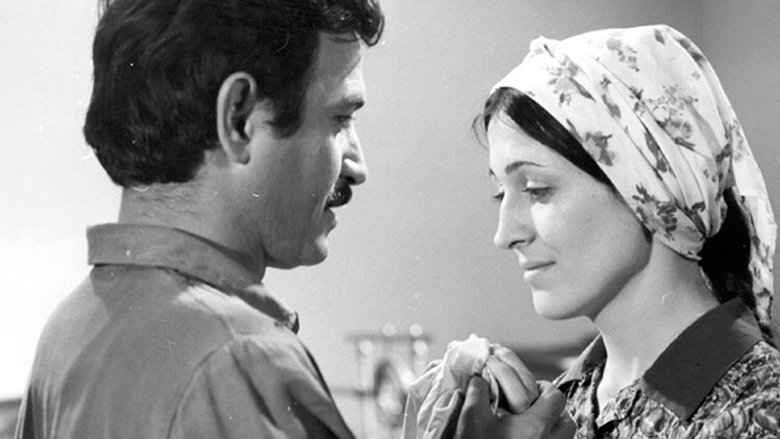
The film is about the first oil-well in the world in the world in the 1920th.
The film is about the yard boys getting a little older and thinking about their independent lifes.
A young lawyer named Vakil Ahmed earned the nickname "The Oddball" for his honest and truthful words, as well as the purity of his soul. Many people in society give and receive bribes, including Vakil Ahmed, which causes him to lose his faith. Thanks to the worker Salim, Vakil Ahmed is released from prison.
The film is about the Soviet People's patriotism and friendship.